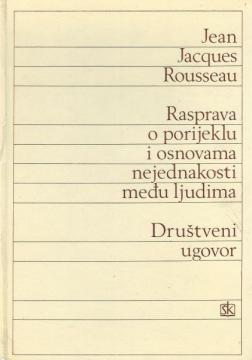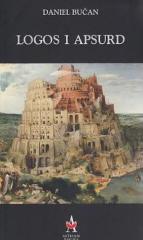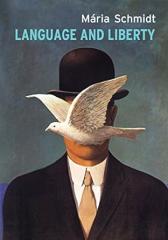
Rasprava o porijeklu i osnovama nejednakosti među ljudima / Društveni ugovor
Rousseau in the work "Discourse on the origin and foundations of inequality among people" analyzes the origin of social differences and their impact on human nature. In "The Social Contract" he considers how individuals can preserve their freedom within a
In the "Discourse", Rousseau distinguishes between natural inequality (physical differences) and social inequality (privileges of wealth, honor and power). He believes that natural man, in his original state, is free, equal and driven by the instinct of self-preservation. However, the development of private property, agriculture and social institutions encouraged competition, envy and corruption, creating artificial differences. Rousseau argues that the social contract and laws, instead of protecting equality, entrench inequality through the dominance of the rich over the poor. He believes that the return to a simpler society is the key to restoring justice and freedom. He partly influenced the later development of political philosophy and social reform.
In "The Social Contract", Rousseau starts from the idea that man is naturally free, but civilization restrains him with injustice and inequality. As a solution, he proposes a social contract – an agreement whereby people give up part of their individual freedom in favor of a common will (volonté générale), which ensures the common good. The common will expresses the interests of all citizens and is the basis of legitimate government. All citizens participate equally in passing laws, which ensures justice and freedom. Rousseau points out that power comes from the people, and rulers are only trustees of that will. If the government violates the contract, the people have the right to rebel.
The social contract inspired modern democracies, promoting the ideas of freedom, equality and popular sovereignty.
No copies available
The last copy was sold recently.





